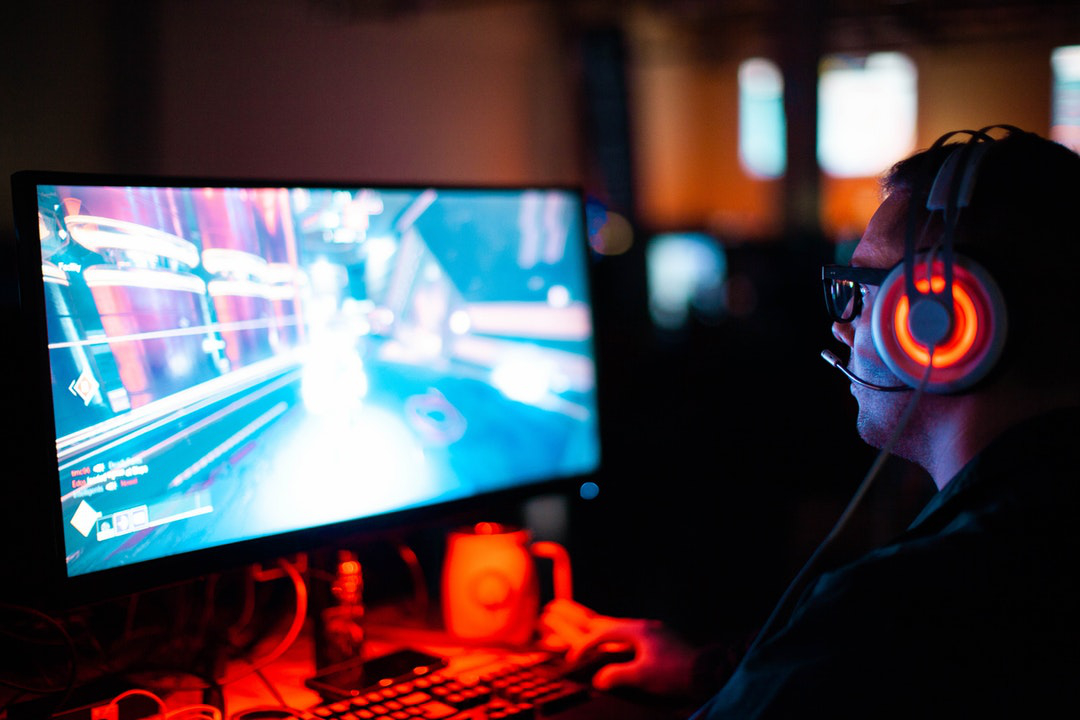Making the Grade: How Much is a PC For Gaming?

Did you know that the global gaming industry is worth nearly $300 billion? Many people choose to play games on their PCs as opposed to consoles.
This provides ample opportunity to customise and improve your experience.
However, you might be wondering how much is a PC for gaming. We put together a brief guide that outlines all of the key details you need to know about the factors that influence the price when you build a PC.
Let's dive in.
CPU
As you might expect, the central processing unit (CPU) is one of the most important parts of any gaming PC.
This is the "brain" of the computer, responsible for handling all of the calculations and operations. For gaming, you'll want a CPU that can quickly handle a lot of data. That means opting for a higher-end model.
Intel and AMD are the two biggest names to keep in mind when choosing a CPU for gaining, so you'll want to compare their offerings.
GPU
The graphics processing unit (GPU) is responsible for, you guessed it, the graphics of your games. This is what allows you to see all of the details and animations.
It's important to have a powerful GPU if you want to enjoy the best gaming experience. Again, AMD and NVIDIA are the two main brands to consider.
Different models will offer different levels of performance, so you'll want to choose one that matches your needs.
Storage
When it comes to storage, you have two main options: solid-state drives (SSDs) and hard disk drives (HDDs).
SSDs are much faster than HDDs, but they're also more expensive. You'll want to choose an SSD if possible.
This will help your games load quickly and improve your overall experience. If you can't afford an SSD, then an HDD is better than nothing.
RAM
Random access memory (RAM) is one of the most important parts of any gaming computer.
This is the short-term memory that your computer uses to store data while it's in use. The more RAM you have, the better. You should aim for at least 8GB of RAM.
You might be able to get by with less, but it's not ideal. If you can afford it, 16GB or more is even better. Many professional gaming setups use at least 32 GB of RAM. Not only will this allow them to achieve better performance while they play, but they can also run a larger number of applications at the same time.
Motherboard
The motherboard is the main circuit board of your computer.
It houses all of the other components and ensures that they're all properly connected. When it comes to gaming, you'll want a motherboard that can support a high-end CPU and GPU. You'll also want to make sure that the motherboard has enough slots for all of the other components you want to use.
Otherwise, you won't be able to add them later. Interestingly, this is one of the most common mistakes that people make. So, do your best to avoid it.
Power Supply Unit
The power supply unit (PSU) is responsible for supplying power to all of the other components in your gaming PC. It's essential to choose a PSU that can provide enough power for all of your components, as well as some headroom for future upgrades.
You'll also want to make sure that the PSU is efficient. A higher efficiency rating means that it will use less power, which is better for the environment and your wallet. Using an inefficient PSU also comes with the risk of significantly increasing your utility bill.
If you're somebody who games for a large amount of time throughout the week, this will likely prove to be a financial burden.
Monitor
Of course, you won't get very far with your gaming PC without a monitor. This is the display that you'll use to actually play your games.
When choosing a monitor, you'll want to consider the resolution, refresh rate, and size. A higher resolution will give you a sharper image, but it will also require more power from your GPU. A higher refresh rate means that the image on your screen will update more frequently, giving you a smoother experience.
And, of course, a larger monitor will give you a more immersive experience.
Keyboard and Mouse
You'll also need a keyboard and mouse to actually play your games.
When it comes to keyboards, you'll want to choose one that is comfortable to use and has all of the features you need. As for a mouse, you'll want to choose one that is comfortable and has a high DPI (dots per inch) rating.
A higher DPI means that the mouse will be more sensitive, making it easier to aim and click. For those who play online competitively, this can easily mean the difference between whether or not you are able to come out on top. For those who create content, a higher DPI will also make your content more enjoyable to watch.
So, How Much Is a PC for Gaming?
Depending on the level of performance you need, a gaming PC can cost anywhere from $500 to $5000. If you're just starting out, you can probably get by with a lower-end model.
But if you want the best possible gaming experience, you'll need to spend more. Of course, you don't need to buy everything all at once.
You can start with a lower-end CPU and GPU and upgrade later as you can afford it. The important thing is to get started and enjoy your gaming journey.
Just be sure to keep the above information about "how much is a PC for gaming" in mind. Looking for other ways we can help you out in the future? Be sure to reach out to us today and see what we can do!
